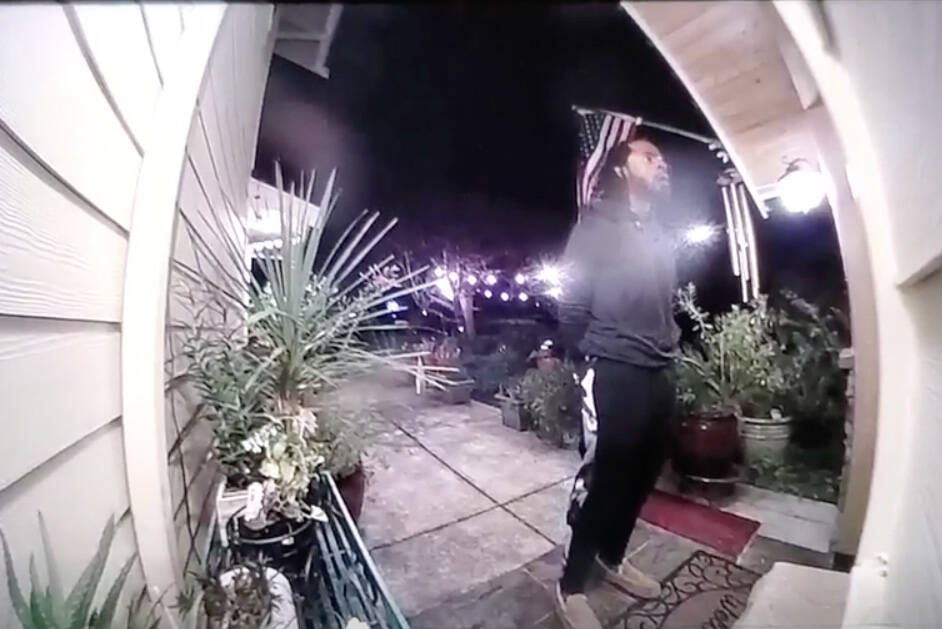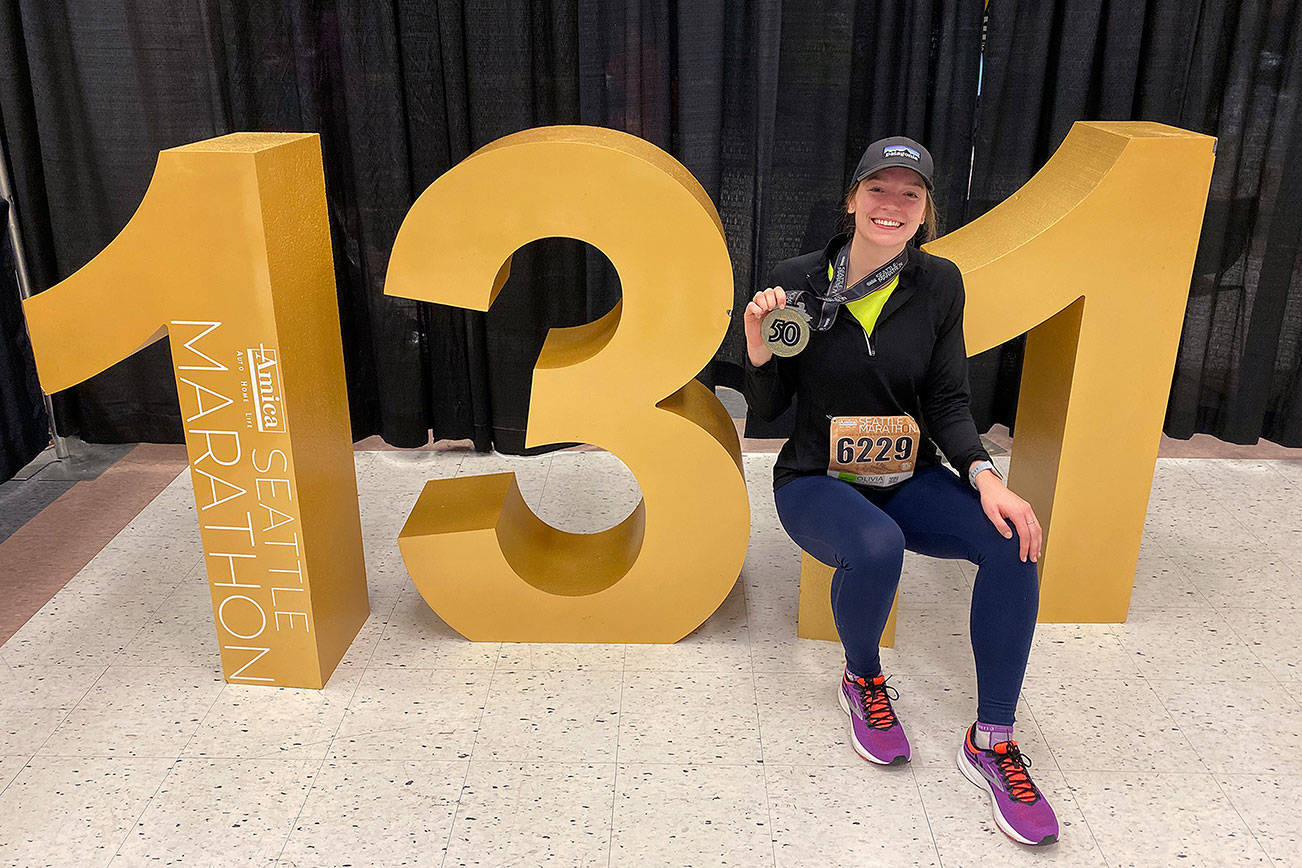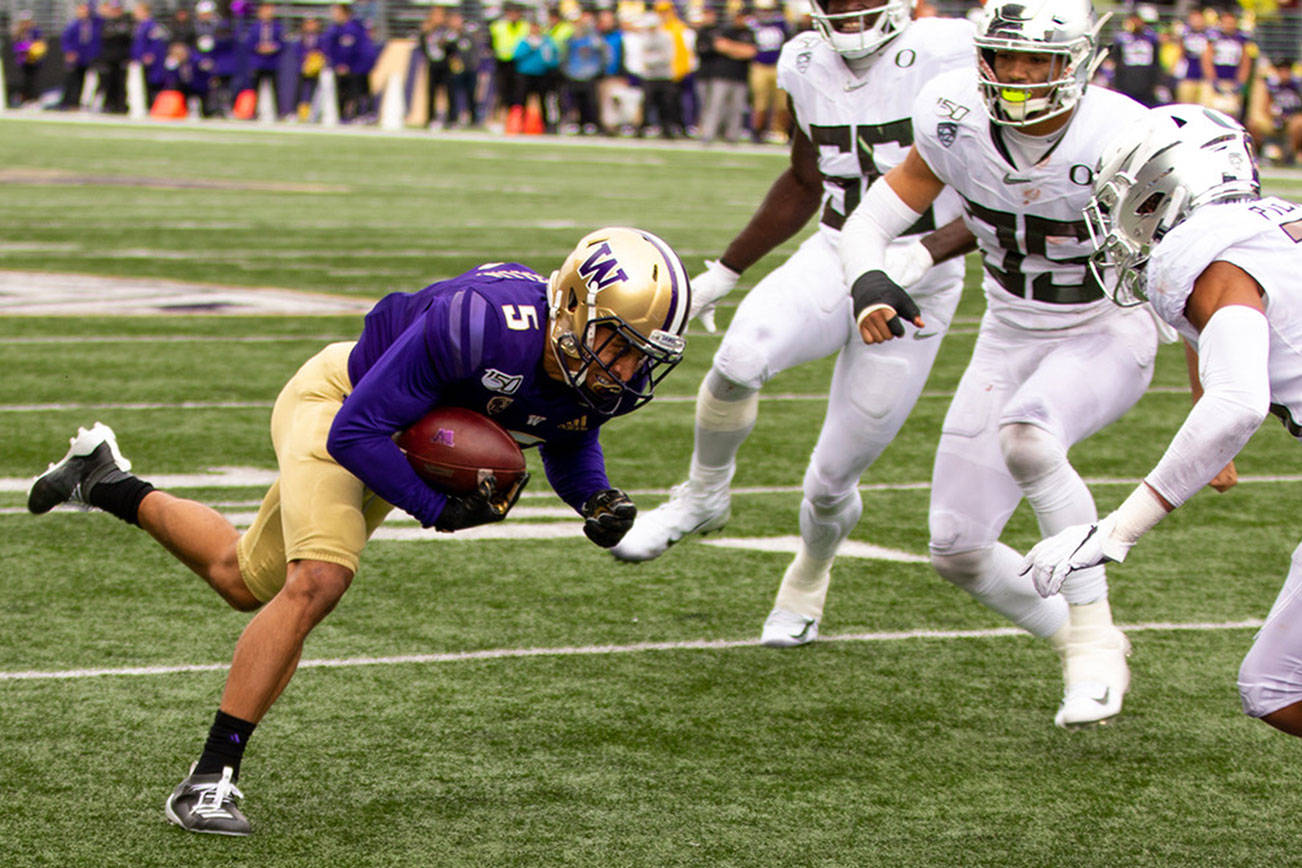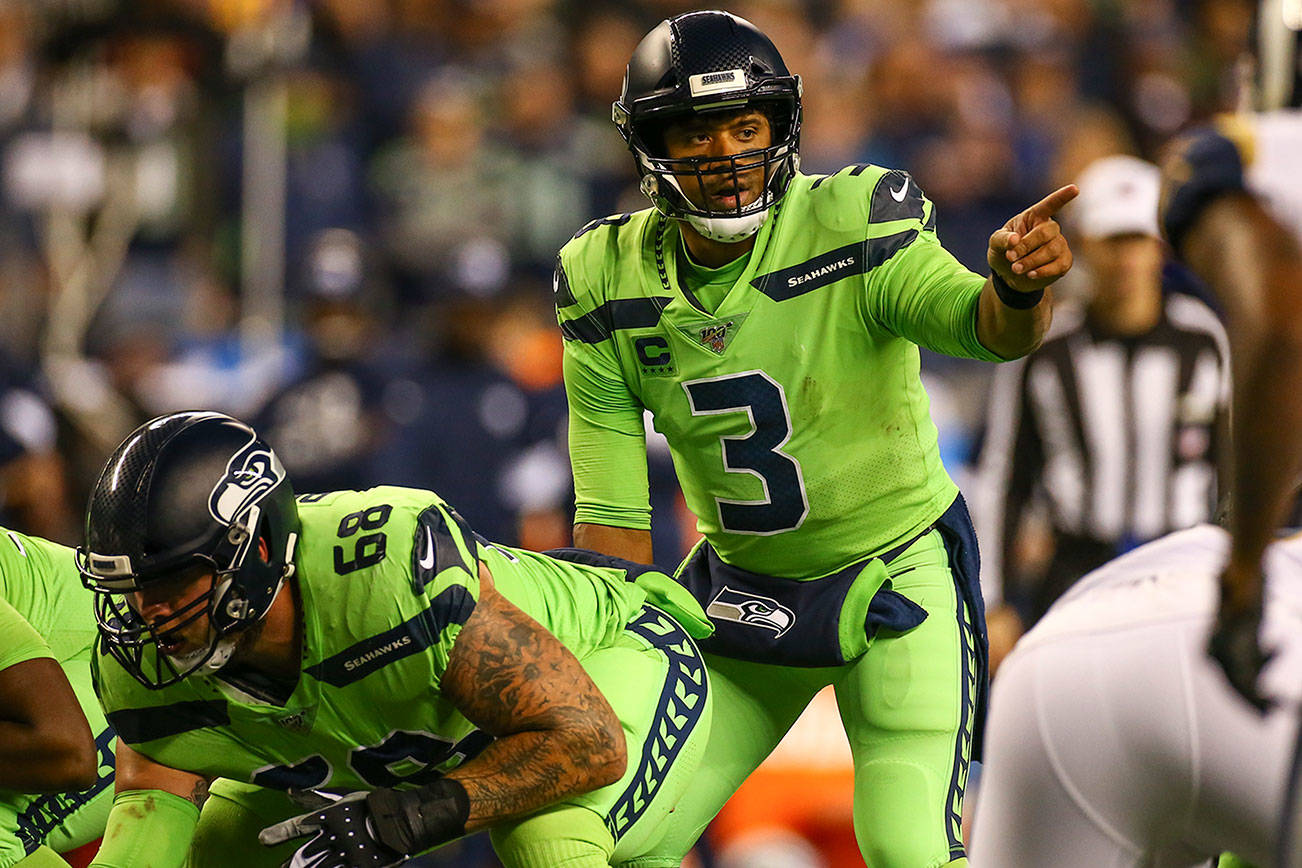On March 7, former Seattle Seahawks player Richard Sherman pleaded guilty and was sentenced for three criminal charges stemming from an incident that occurred on July 14, 2021.
Before playing a season with the Super Bowl-defending Tampa Bay Buccaneers, Sherman was arrested outside of an in-law’s house in Redmond after he reportedly wrecked and abandoned his car on the side of a highway and tried to forcibly enter the home that the parents of his spouse owned.
According to police reports, responding officers suspected that Sherman was under the influence of alcohol during the incident.
Sherman was originally charged with driving while under the influence, reckless endangerment of roadway workers, resisting arrest, criminal trespassing domestic violence, and malicious mischief domestic violence.
Redmond police had previously specified that the “domestic violence” tags on the criminal trespassing and malicious mischief charges are due to the fact that the charges involve family members, and not that he was directly violent toward them.
He originally pleaded “not guilty” to these charges.
The plea deal to which Sherman had accepted reduced the original charges to only three misdemeanors: negligent driving in the first degree, speeding in a construction zone, and criminal trespassing in the second degree.
It was ordered that Sherman was to serve two days in jail, but was given credit for having already spent two days in jail, meaning he will not have to spend any additional time in jail as long as he does not break the terms of his probation. He was ordered to court-monitored supervision for 24 months.
Sherman will also have to pay several hundred dollars in court fees, including $480 in court-monitored supervision fees.
Upon being given the chance to address the court, Sherman expressed remorse for his actions along with gratitude for his friends, family and support system.
He also said he was grateful for these events to be able to allow him to have conversations about mental health. In September 2021, Sherman spoke about his struggles with mental health and the stigmatization of the subject — which he felt prevented him from asking for help — during a Tampa Bay Buccaneers press conference.








